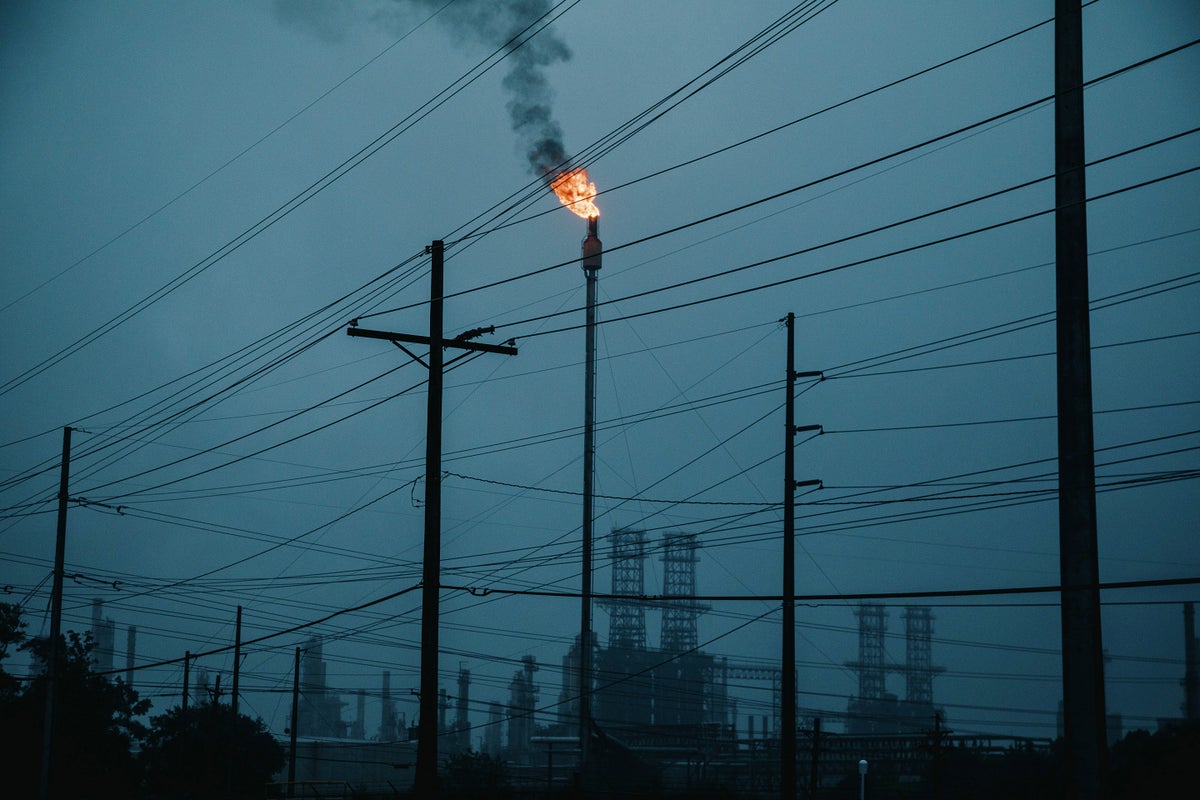Now Reading: How the EPA’s New Policy Might Escalate the Climate Crisis
-
01
How the EPA’s New Policy Might Escalate the Climate Crisis
How the EPA’s New Policy Might Escalate the Climate Crisis

Rapid Summary
- The U.S. Environmental Protection Agency (EPA) announced a proposal to rescind the 2009 endangerment finding, which legally establishes the EPA’s authority to regulate greenhouse gas emissions under the Clean air Act.
- This move would weaken U.S. climate policies by rolling back vehicle and power plant greenhouse gas standards, possibly reversing reductions of billions of tons in carbon emissions.
- EPA Administrator Lee Zeldin based his decision on a Department of Energy report authored by climate skeptics, which has been criticized for misrepresenting peer-reviewed scientific studies and using cherry-picked evidence.
- Critics argue that this rollback prioritizes fossil fuel interests over public health and environmental protection, potentially worsening the global fight against climate change.
- With evidence showing the acceleration of extreme weather events worldwide due to climate change,there are calls for urgent action to cut emissions instead of diluting regulatory efforts.
Indian Opinion analysis
The EPA’s decision reflects an ongoing global tension between environmental responsibilities and economic priorities centered around fossil fuels. For India-a nation acutely vulnerable to climate impacts such as monsoonal disruptions, flooding, and extreme heat-this development is important. As one of the world’s largest democracies playing a key role in international climate negotiations (e.g., COP summits), India relies on cooperative leadership from high-emitting countries like the U.S.
Any retreat from stringent emission regulations could set back global mitigation efforts at a time when cumulative carbon emissions are nearing critical thresholds. India’s renewable energy transition may take cues from international narratives; thus, weakening climate governance globally could slow momentum toward clean energy adoption domestically despite its urgency.
Maintaining first-principled actions anchored in science is vital for both global collaboration and India’s enduring development goals (SDGs). Increased hostility towards regulation serves as a reminder that scientific facts must remain central to policymaking-an approach imperative not just internationally but also within India’s evolving strategy towards combating its own rising emissions profile amid industrial growth.

























